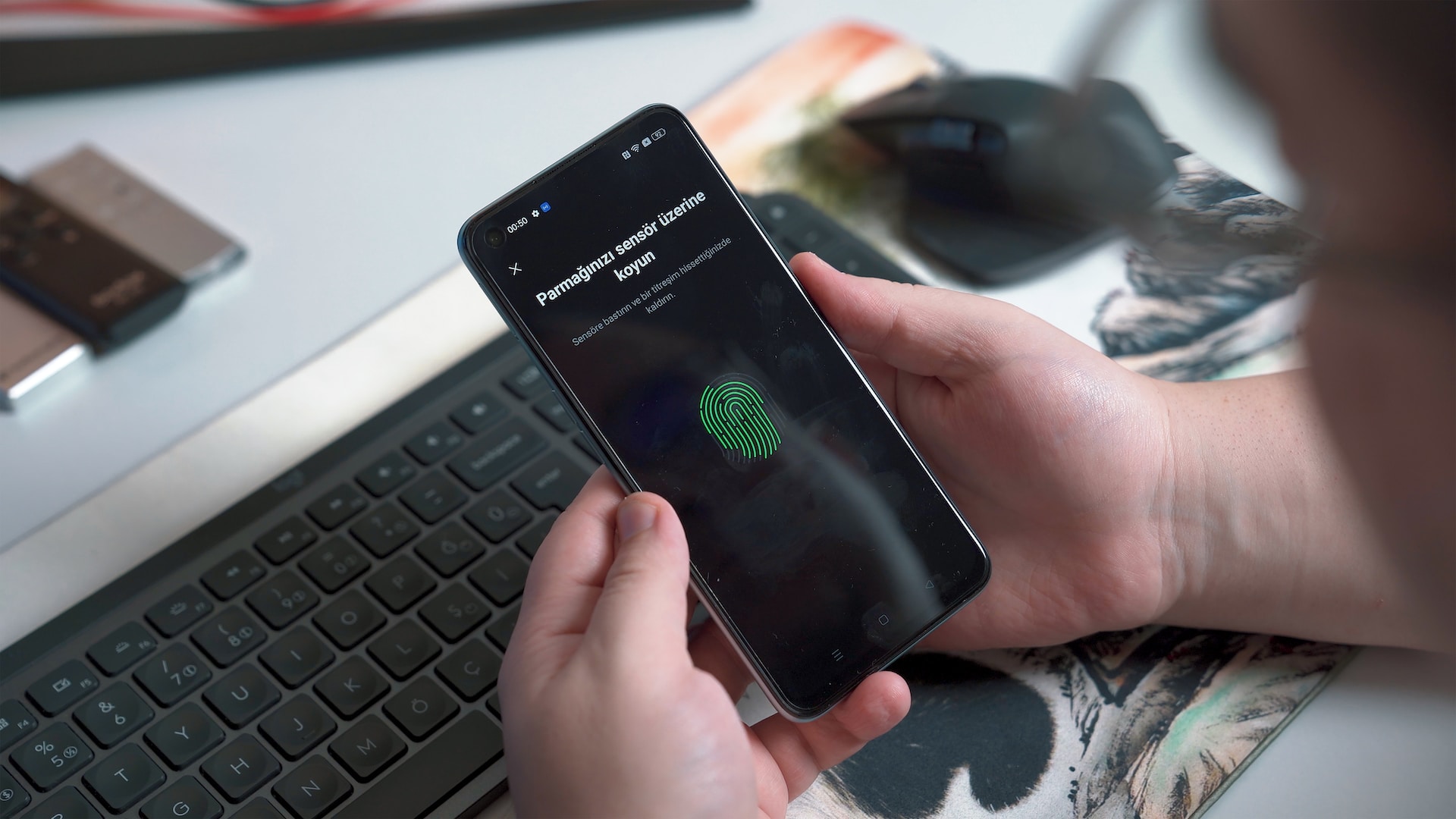The Power of Digital ID
In the rapidly evolving telecom industry, digital identity (Digital ID) has emerged as a powerful solution with significant implications. Telecom experts recognize the importance of digital ID in streamlining processes, enhancing security, and improving user experience. Here, we explore the wide world of digital ID, focusing on its adoption by various countries, its role in validation processes, the integration of biometrics, and the telecom industry’s commitment to leveraging its potential.
Evolution of Digital ID in the Telecom Industry
Digital ID in the telecom industry has a rich history of development and innovation. Several key milestones have shaped its trajectory from its early beginnings to present day. Technological advancements and the growing need for secure and efficient customer identification have led to the rapid adoption of digital ID in telecom. Today, it plays a pivotal role in transforming the industry by offering reliable and scalable identity solutions.
Current State: Countries Using Digital ID in Telecom
Across the globe, several countries have embraced digital ID solutions in their telecom sectors. Ethiopia and the UAE are prime examples of countries leading digital ID initiatives. Ethiopia has implemented a national digital ID system that enables citizens to access different telecom services securely. Digital ID is used in the UAE for seamless customer onboarding, ensuring a smooth experience. These countries have recognized the benefits of digital ID in enhancing customer authentication, reducing fraud, and promoting digital inclusion.
The Role of Digital ID in Validation for Telecom
Digital ID brings significant advancements in the validation processes within the telecom industry. By leveraging digital ID solutions, telecom companies can enhance customer authentication, verification, and onboarding procedures. With digital ID, users can conveniently prove their identities through secure channels, eliminating the need for cumbersome paperwork and physical identification documents. Which in turn, improves the user experience, reduces the risk of fraud, and enhances data privacy.
Future of Digital ID in Telecom
Looking ahead, the future of digital ID in the telecom industry is promising. Emerging trends and technologies, such as biometrics and blockchain, are poised to revolutionize digital ID implementation. Biometrics, including fingerprint and facial recognition, offer enhanced security and convenience, ensuring trustworthy user authentication. With its decentralized and immutable nature, blockchain technology provides a powerful foundation for secure digital identity solutions. On the financial side, paper checks and cash use has decreased as mobile banking and digital wallets become more accessible. These advancements open doors to new applications and opportunities within the telecom industry, causing validation and accuracy to be more pivotal.
Concerns and Challenges for the Telecom Industry
While digital ID offers tremendous benefits, it also presents challenges that must be addressed. Privacy and security concerns are paramount, as the telecom industry handles sensitive customer information. Critical considerations include safeguarding user data, ensuring regulation compliance, and maintaining customer trust. Industry stakeholders must proactively address these concerns to ensure the responsible and ethical implementation of digital ID solutions.
The International Data Corporation states, “By 2025, the global data sphere will grow to 163 zettabytes (one zettabyte is a trillion gigabytes), ten times the level in 2016,” which leads to more risk and fraud.
The Technology Behind Digital ID in Telecom
Digital ID in the telecom industry relies on various technologies to deliver robust and scalable solutions. Biometrics, including fingerprint, iris, and facial recognition, enable reliable user authentication, making it difficult for fraudsters to impersonate legitimate users. Blockchain technology ensures secure and tamper-proof storage of digital identities, enhancing data integrity and reducing the risk of unauthorized access. Furthermore, secure authentication protocols and encryption techniques improve digital ID systems’ overall security and reliability.
Digital ID is poised to revolutionize telecom, providing streamlined processes, improved security, and enhanced user experiences. Countries like Ethiopia and the UAE have already embraced digital ID initiatives, reaping the benefits of improved validation and customer onboarding. The telecom industry must recognize the potential of digital ID and proactively integrate it into its operations. It is already understood that verification and authentication will continue to be at the forefront of importance as digital ID and technologies expand and become more complex.
By embracing digital ID solutions and leveraging advanced technologies, the industry can drive innovation, reduce fraud, and build a more secure and inclusive digital ecosystem.
In this digital transformation era, the power of digital ID cannot be overstated. The telecom industry must embrace this revolutionary solution and drive the industry forward with the protection and trust people require. Let us seize digital ID opportunities and shape a future where secure, safe, and seamless telecom experiences are accessible to all.

